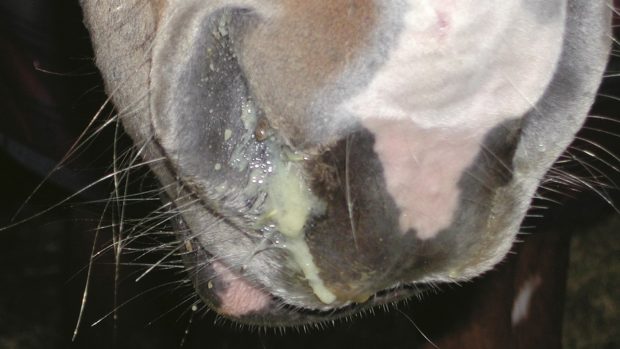The British Horseracing Board (BHB) has expressed its increasing concern over the hefty workload that jockeys endure during the busier periods of the season.
For many flat jockeys, a day at the height of the season could involve riding out at 6.30 in the morning, followed by a full card of rides at an afternoon meeting, and a swift turnaround to head off to an evening meeting, finishing as late as 9.30.
Sometimes jockeys will fit in even more than two race meetings a day, and with many of them driving themselves between fixtures, cover as many as 50,000 miles a year simply dashing from one booking to the next.
On top of these punishing schedules, jockeys often have to keep an eye on their food intake in order to make the weight for particular rides, which can put added strain on their physical health as they diet and spend time sweating off the calories in saunas.
“I fear there’s an accident waiting to happen,” said BHB Chairman Martin Broughton. “It could be a racing accident, or a traffic accident as a jockey is travelling from one meeting to another. We want to be pre-emptive rather than reacting when that accident has already happened.
A Jockey Club Review Group has been set up to this precise end, and are due to meet for a third time to look at the issues, and suggest possible solutions to the problem.
John Blake of the Jockeys Association explained: “Evidence givers for the Review Group include owners, trainers, agents, psychologists, physiotherapists, nutritionists, as well as the jockeys themselves of course.
“The Review Group is made up of a variety of elements from the racing industry, to reflect the variety of things that flow into the day-to-day work of a jockey.”
Some of the suggestions under consideration by the group, Broughton confirmed, are that jockeys should take a compulsory day off every seven or eight days, a limit to the number of rides they can have in one day, and preventing jockeys from attending more than one meeting a day.
But these ideas are likely to be met with a certain amount of resistance from the jockeys themselves, who mostly work on a freelance basis and are in the hands of fate as they take part in a sport fraught with danger.
“As well as the many risks that he takes in the game, a jockey has to be constantly thinking about the fact that he may potentially get a ban at any stage,” says Mr Blake.
“I would like to see some original thinking in terms of the penalty system – perhaps a fine or community service as an alternative to a suspension.
Blake is realistic about the need to look at the issue, but he emphasises that he is “extremely keen to widen the issue and move away from any blinkered view that the only solution is some form of restriction.
“The group has a very good common and pure approach, and if everyone learns something, then it will have been extremely worthwhile,” he concludes.




